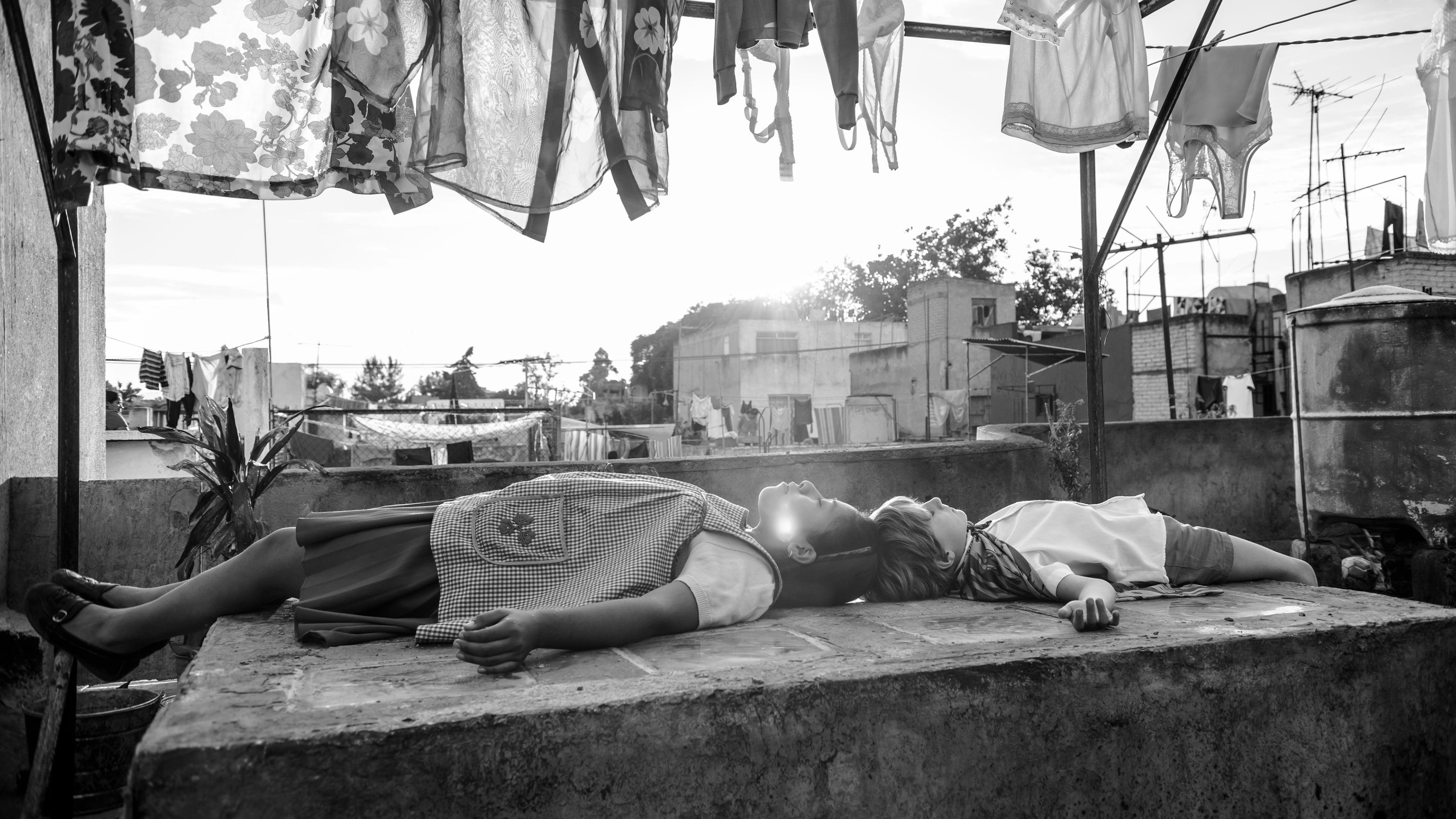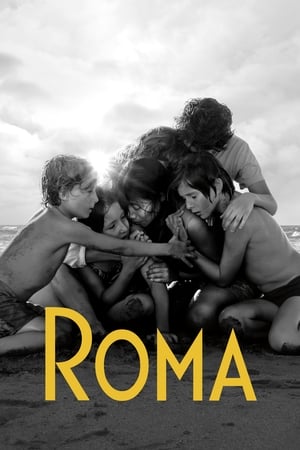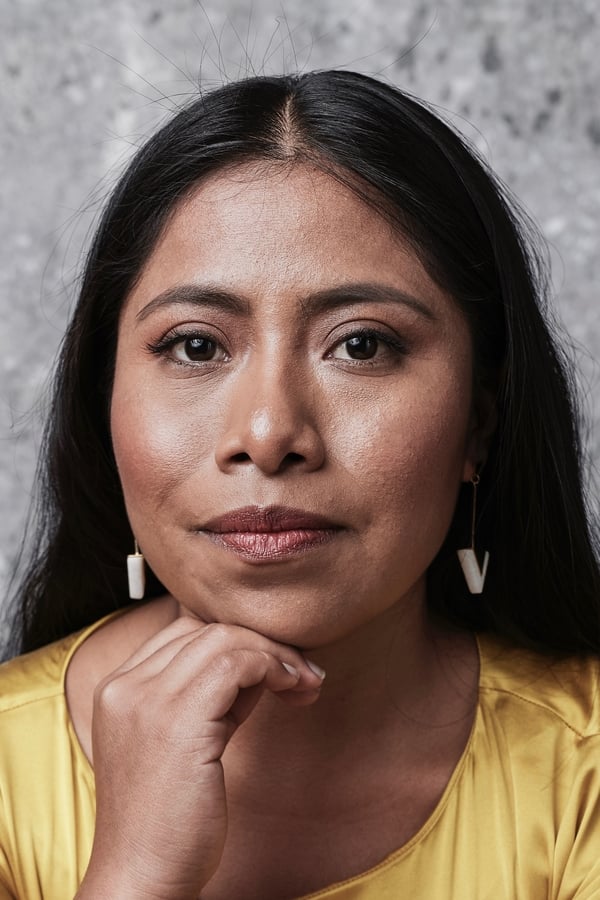Spider-Man: Across the Closet with Miles Morales and Gwen Stacy
The film's storylines read as allegories for the queer experience and that's a source of solace for LGBTQIA+ fans!
Incluvie Foundation Gala - Learn More





Directors have been returning to the times and places of their youth since at least the early seventies. At the time, only the most celebrated international directors made quasi-autobiographical love letters to one’s home or family, often towards the end of their career. Today, the release of The Tree of Life, Boyhood, Moonlight, Lady Bird, Roma, and Minari suggests almost every director is carving out space in their careers for such films.
Some of these movies stand out as stunning works of authenticity and vulnerability, carving out space in the film industry and the larger world for the people they represent (Moonlight for Black, queer men and Minari for Korean Americans). Others solidify the formula for the semi-autobiographical love letter (Belfast comes to mind). Regardless, films of this sub-genre often feature novel filmmaking methods or choices. Likewise, The Hand of God employs some innovative film grammar techniques, but nuance and interpretation determine its status as an authentic representation of mental health, neurodiversity, and queerness.
Most people will not understand or straight-out dislike Paolo Sorrentino’s love letter to 1980s Naples on first viewing. Among the algorithmically calibrated pacing of superhero movies, The Hand of God feels like a first-time driver slamming on the brakes every few minutes. On subsequent viewings though, the pauses taken to listen to a bird sing during a family lunch or to experience a kitchen bustling with people preparing dinner illuminate the sensory memories and the experience of remembering Sorrentino is trying to convey.
The 94th Academy Awards are right around the corner and with some truly wonderful films like The Power of the Dog, Dune, CODA, Belfast, and Licorice Pizza, the race for Best Picture is incredibly tight. But there's a film that has been gaining momentum at the perfect time - Ryusuke Hamaguchi's Drive My Car. Since the inception of the ceremony, The Academy had long avoided awarding foreign films the honor of Best Picture, even going as far as to award Alfonso Cuaron Best Director for Roma, then proceeding to give the Best Picture award to Peter Farrelly's Green Book in 2019. But in 2020, they finally broke this near century-long habit and awarded Bong Joon Ho's masterpiece Parasite with not only Best International Feature but Best Director and of course, Best Picture, becoming the first foreign film to ever do so. Now Drive My Car has the chance to do the same.
Drive My Car exudes a palpable sense of dreariness and lifelessness that is further embodied by Yusuke, portrayed tragically by Hidetoshi Nishijima, which is historically, exactly what The Academy loves. This film is a slow-burn that demands your attention in every scene, and by slow-burn, I mean glacial. You feel every second of its three-hour runtime and it asks for long periods of empathy and introspection that you have no choice but to give. It can be exhausting being enveloped in such monotony and gloominess, but this isn't the only experience Hamaguchi gives the audience - we also get to witness a journey to acceptance, albeit a lackadaisical one, that eventually leads to a moment of incredible emotional surrender and catharsis. This no doubt puts Drive My Car in a great position for Best International Feature (which it's surely a lock for) but also Best Picture being as there's one thing that The Academy has proven to cherish above all else, no matter what...the Drama.
But it's not exactly a shoo-in. There is stiff competition this year - whether it's Jane Campion's The Power of The Dog, which is very similar in style with a very slow and permeating feeling of dreariness, or Sian Heder's CODA which takes enormous steps forward in the way of deaf representation, we also have to acknowledge films like Paul Tomas Anderson's Licorice Pizza or Denis Villeneuve's Dune where the craftsmanship and quality are among the best Hollywood has to offer but lacking major representation. But Drive My Car is in an interesting position being the first foreign film nominated for Best International Feature and Best Picture since Parasite, while The Academy has been getting better at nominating the films that belong in both categories, they've been rather choosey about awarding foreign films the honor of Best Picture. It's possible for this narrative to change of course, but in a year with so many excellent films deserving of the award, I can't help but feel it might be overlooked. But of course, I'm no insider, I'm basing this entirely on the history of The Academy and their shoddy history of selecting Best Picture winners.
There is no such thing as watching too many movies. I know that since my family and I have enacted social distancing, the amount of movies we’ve watched has skyrocketed. And if there can be a silver lining in the messiness and ugliness of the situation we’re all in right now, it’s that we have an opportunity to watch a lot of the movies that we’ve been meaning to watch and re-watch a lot of the movies that we’ve been meaning to re-watch. I know the other day I was looking through my Blu-ray collection and picked out the 1933 King Kong, a movie I’ve owned for about a year but never watched. It’s one of those movies I always said to myself, “Not now, I’ll watch it another time.” But because we’re stuck indoors with nothing to do, I finally said, “Screw it, it’s time to watch King Kong!” And I loved it!
With the popularity of my previous list (you can check it out here), I wanted to recommend another 19 movies for people to check out across Netflix, Amazon Prime, HBO Max, and Hulu. So here you are; go watch some movies! You can’t really go wrong with any of them.
1 | Apocalypse Now (1979) | Amazon Prime
Directed by: Francis Ford Coppola
Years before Mexican director Alfonso Cuaron was winning Academy Awards for movies like Gravity (2013) and Roma(2018), he directed a small, intimate film about two best friends who decide to embark on an improvised road trip to spend time with an older, attractive woman who miraculously agrees to go with them. Y tu Mamá También is a deep journey into the raw sexuality and friendship of the young protagonists, as well as a subtle social and political commentary on Mexico at the time.
Julio (Gabriel Garcia Bernal) and Tenoch (Diego Luna) are 17-year-old teenagers living in Mexico City. They come from vastly different social classes, and Cuarón makes it clear without them actually acknowledging it. On a family wedding, they meet Luisa (Maribel Verdu), an older Spanish woman who immediately grabs the interest of both Julio and Tenoch. When talking to her, they brag about a secret, very exclusive, and beautiful beach called Boca del Cielo, which they claim to know the location. Of course, they improvised the whole thing, and they don’t actually know anything about it. Luisa dismisses them at the wedding but calls them later after getting some bad news. So, the trio depart on Tenoch’s sister’s beat up car, travelling through rural Mexico to get to the promised beach.
Cuarón decided to have a narrator, so the soothing, somewhat indifferent voice of Daniel Gimenez populates the film, giving out small details about the protagonists as well as the background context of Mexico’s poor economic and social situation. I’m not a fan of narration in film, because it almost always feels cheap and lazy to have a narrator explaining everything instead of showing it through storytelling technique. However, there’s something oddly poetic about Cuarón’s words and the way they are delivered. I can’t imagine the film having as much impact as it did without the narration. The final words are said by the narrator, and it’s one of the most melancholic, haunting endings even though not much emotion is being shown on screen.
I think on the surface, Y tu Mamá También (2001) is a fun, raunchy road trip movie that can be enjoyed as a representation of Mexican life. Julio and Tenoch are drastic representations of two social classes that you’ll encounter in Mexico City, yet their friendship is so strong it might make the viewer wonder if it’s realistic at all. Let me tell you that it is. Few films that I have seen feature a friendship as authentic as this one, even when things eventually go sour for our two friends. After all, they are teenagers who mostly act according to their hormones. They continuously fight for Luisa’s admiration, boasting and acting like a couple of macho males. By the end, Cuarón ends up exploring their fragile masculinity, which comes to surface a little too much, altering their relationship forever.
I have to mention Maribel Verdu’s impeccable performance as Luisa. She acts as a sort of third protagonist once the film gets going, and it adds a much-needed relief from Tenoch and Julio’s dynamic. Luisa, being older, beautiful, and foreign to the boys, is what makes her so attractive to them. Watching as an outsider, there’s no possible reason she would agree to go with these two knuckleheads, yet there is something she isn’t telling them. Luisa has just broken up with her long-term boyfriend, Jano. She also learns that he cheated on her in the process, explaining why she decides to use this opportunity as a liberation. Be it spiritual or sexual, she goes along with it, taking advantage of every moment of the trip. What she finds at the end brings her the peace and closure she was looking for, faithfully completing her arc.

In 1970s Mexico City, two domestic workers help a mother of four while her husband is away for an extended period of time.

Alfonso Cuarón
Director

Alfonso Cuarón
Director

Yalitza Aparicio
Cleo Gutiérrez

Marina de Tavira
Sofía

Diego Cortina Autrey
Toño

Carlos Peralta
Paco

Marco Graf
Pepe

Daniela Demesa
Sofi

Nancy García García
Adela

Verónica García
Teresa

Fernando Grediaga
Antonio

Jorge Antonio Guerrero
Fermín

José Manuel Guerrero Mendoza
Ramón
The film's storylines read as allegories for the queer experience and that's a source of solace for LGBTQIA+ fans!
This Halloween movie is based on the toy line of the same name.
The Djinn is about childhood traumas and lifestyle changes. It tells the story of Dylan (Ezra Dewey), a mute boy who blames himself for his mom’s death. He also condemns himself for being speech-impaired, and he thinks that if he did not have that condition, everything could had been different.



